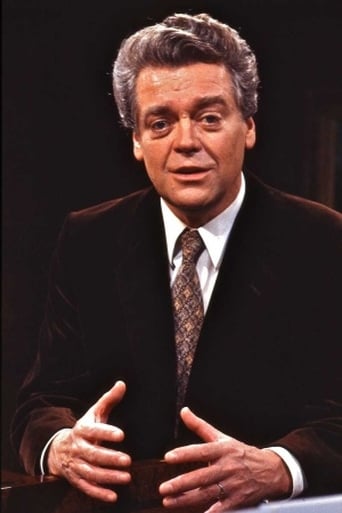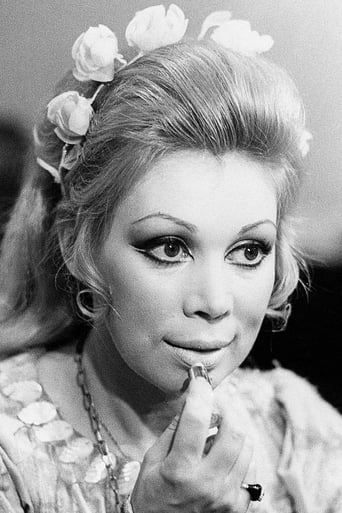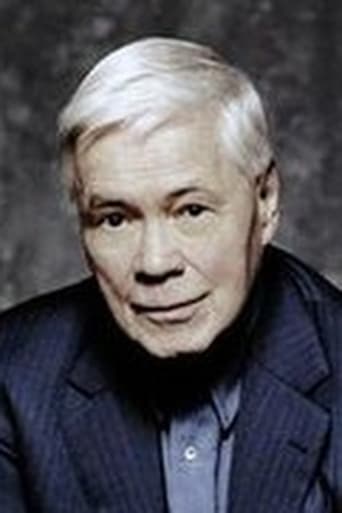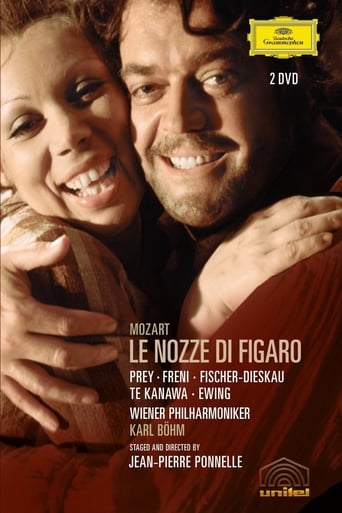
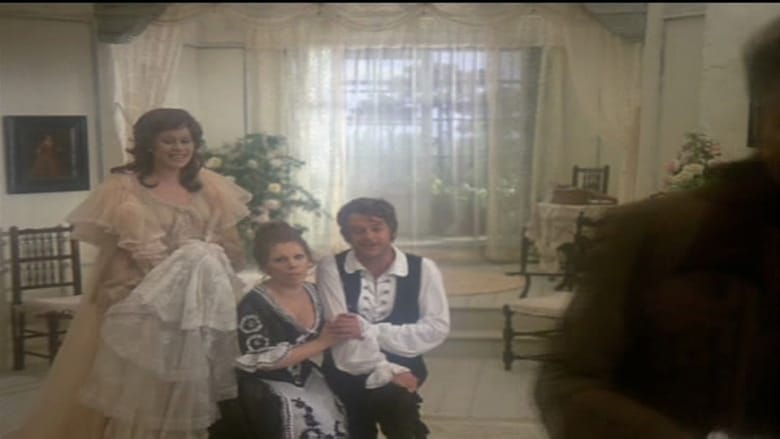
The Marriage of Figaro (1975)
Mozart's Marriage of Figaro is a comedy whose dark undertones explore the blurred boundaries between dying feudalism and emerging Enlightenment. Herman Prey's Figaro is admirably sung in a firm baritone and aptly characterized. So too, is his antagonist, Dietrich Fischer-Dieskau as the Count perpetually frustrated by the scheming wiles of Figaro and Susanna, here the perky Mirella Freni, who sings and acts like a dream. The Countess is creamy-voiced Kiri Te Kanawa, and the Cherubino, Maria Ewing, looks just like the horny, teenaged page she's supposed to be. The all-star leads are complemented by worthy supporting singers, the Vienna Philharmonic at the top of its form, and the experienced Mozartian, Karl Böhm conducting a stylishly fleet performance.
Watch Trailer
Cast


Similar titles
Reviews
To me, this movie is perfection.
I don't have all the words right now but this film is a work of art.
what a terribly boring film. I'm sorry but this is absolutely not deserving of best picture and will be forgotten quickly. Entertaining and engaging cinema? No. Nothing performances with flat faces and mistaking silence for subtlety.
True to its essence, the characters remain on the same line and manage to entertain the viewer, each highlighting their own distinctive qualities or touches.
I have never been much of an opera fan, but it is hard to resist the appeal of this film. The cast is top rate and the production values are of equal quality. The sets and costumes are done with obvious care and add much to the overall effect. And who could not be in thrall to such beautiful women with such beautiful voices?If the somewhat inane story of accidental eaves-droppings, deceptions, jealousies, characters hiding under beds and in closets, mistaken identities, and so forth gets to be a bit much, you can always close your eyes and just listen to the music--you never have to wait long for an outstanding aria or duet. And, given that this is advertised as a comic opera, I suppose you can't complain too much about its situation comedy tendencies. There *is* some serious commentary about the relationships between classes, e.g. one theme is whether Count Almaviva has the right to sleep with his servant Susanna on her wedding day to Figaro. As has been mentioned, the lip-syncing is sometimes off putting, particularly when the characters remain mute while the vocal soundtrack continues, representing their thinking. And I found the extreme close-ups a bit distracting.At three hours and twenty minutes this requires some stamina to watch in one sitting. It makes you appreciate the stamina required of performers who do this live. The "Countess, forgive me" scene at the end has to be one of the most elegantly staged scenes of pure beauty ever recorded on film.
Jean-Pierre Ponnelle, production designer of 1972's "Barbiere di Siviglia," takes the director's chair this time and does a bravura job. Whereas the Barber started with an film of (a surprisingly young) Claudio Abbado conducting the overture, "Figaro" begins with action. It's not heavy action, but it does avoid the static beginning of "Barber".Herman Prey has a return engagement as Figaro. Paolo Montarsolo also returns from Barber's cast, only this time as Bartolo rather than Basilio. Adding Mirella Freni as Susanna, Dietrich Fischer-Dieskau as Almaviva, Kiri Te Kanawa as the Contessa and Maria Ewing filling out her trousers well as Cherubino, Ponnelle presents us with nearly an all-star cast."Figaro" is slightly more daunting, not only because of its length (like the Emperor in "Amadeus" one is tempted to yawn during the last act), but also because of the recitatives. The major singing is done to playback, which gives the singers a chance to act. Ponnelle plays with the playback, sometimes playing it while the singers aren't singing so it appears to be going on in their heads. This is effective once you're used to it, but in early scenes with Cherubino it unfortunately has the appearance of carelessness on Ewing's part, which it is not.All the big hits from the show are here, some with superb staging. Figaro's "Se vuol ballare, Signor Contino" is very effective. The delightful "Non piú andrai" is a bit dizzying as Figaro sings directly into the camera with the background whirling behind him, but it does emphasize Cherubino's growing panic.Ponelle went on to do a wonderful movie of Rossini's "Cenerentola," which may be the finest opera movie ever. But his "Figaro" deserves a peek from any opera lover.
Despite the rather old-fashioned German romantic approach that Böhm takes to the music, this is certainly the most satisfactory recording, with a stellar cast, of the opera. I thought that Maria Ewing was especially convincing as the boy Cherubino and Fischer-Dieskau, Prey, Freni and Te Kanawa both sang and acted beautifully. If you prefer a modern musicological approach, then try elsewhere but for a cast of stars near their peak, this is the one.But I am reminded by another review, that there is one annoying feature of this film: this is the tendency to make everything more "realistic" by having the characters keep their mouths closed while their pre-recorded voices continue to sing. I find this unconvincing and I think the director should have accepted the fact that singing in real situations is not realistic. Forget realism; this is opera!8-10
This is one of the best performances of Figaro in recordings. Bohm's conducting is superb, it's an outstanding cast overall, they work well together, and the recorded sound is great. The only drawback to this tape is that the arias were recorded separately and lip-synched (or, often, not even lip synched) in the video. I guess Ponelle's idea was to convey the concept that the arias were the thoughts of the character, and not spoken aloud. However, the effect is distressing, particularly Cherubino's first aria. Notwithstanding, the voices are all solid here. Prey [Figaro] has a wonderfully hearty voice and plays the character with swagger. Freni [Susanna] is the embodiment of the sweet servent girl who gets wised up to the facts of life. Fischer-Diskau is great as the menacing count. Listen to the duet scenes between him and Freni, they've both taken such care to blend in together. The Countess is one of Te Kanawa's signature roles, and she plays the part elegantly. Also, the duet's with her and Freni are particularly wonderful. If they took the soundtrack to this film, and put it on CD, it'd be the best CD recording of this work. If you can deal with the lip synch, you'll really like this.


